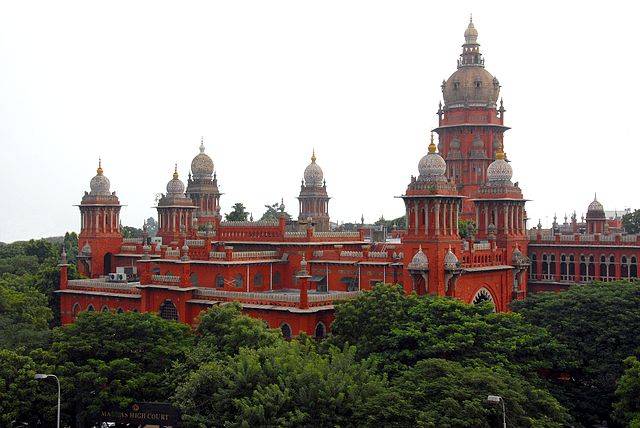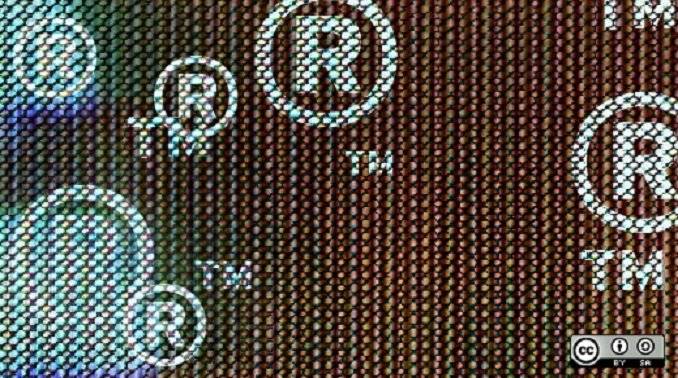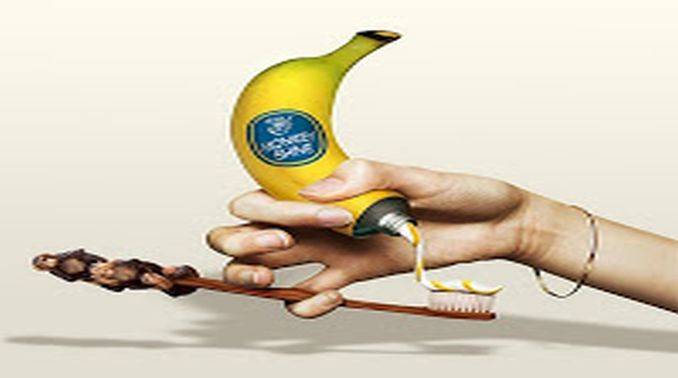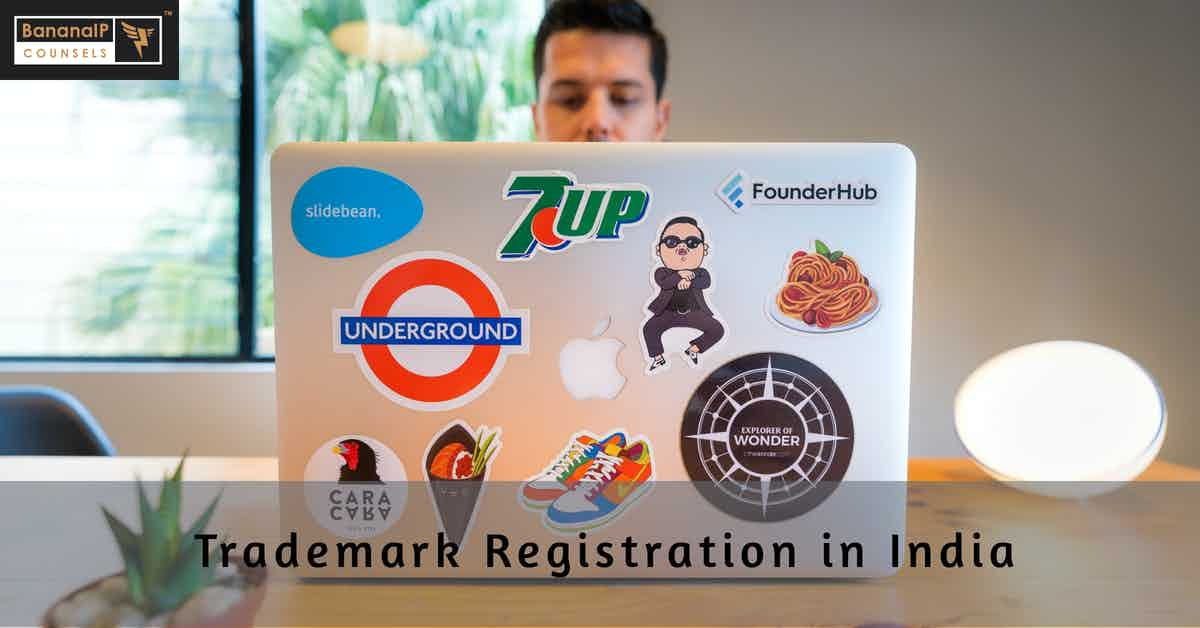This post was first published on March 30, 2012. Recently Madras High Court has delivered a very interesting judgment on trademark infringement and passing off...
Read more about Court Re-Emphasizes the Exclusion of Generic Terms from RegistrationTag: Trademark services
Grounds for Refusal of Trademark Registration – Part III
This post was first published on 8th July, 2014. In today’s post, we’ll be talking about Section 9(3), thereby concluding one half of the...
Read more about Grounds for Refusal of Trademark Registration – Part IIITrans-border Reputation of Well Known Marks – Part IV
This post was first published on 7th July, 2014. Spillover reputation of trademarks is a subject matter of endless legal tussles. Indian Courts and...
Read more about Trans-border Reputation of Well Known Marks – Part IVMUCOSOLVIN confusingly similar to MUCOSOLVAN
This post was first published on 5th January, 2014. The Hon’ble Delhi High Court delivered another thought-provoking judgment on the 16th of December, 2013 related to...
Read more about MUCOSOLVIN confusingly similar to MUCOSOLVANAn In-Depth look at the Trademark Registration Process- Part 1
This post was first published on 2nd July, 2014. A trademark is a sign that is used to identify goods and services as those...
Read more about An In-Depth look at the Trademark Registration Process- Part 1Comparative Advertising: Pepsodent v. Colgate
This post was first published on August 21, 2013 There is yet another war between Hindustan Unilever Limited (Pepsodent) and Colgate- Palmolive (Colgate), regarding a...
Read more about Comparative Advertising: Pepsodent v. ColgateDoctrine of unclean hands- Now a defense in trademark infringement!
This post was first published on March 22, 2011. The Indian Courts, in the recent past have continuously surprised us by pulling one trick after...
Read more about Doctrine of unclean hands- Now a defense in trademark infringement!History and Evolution of the Trademark System
First Publication Date: 7th January 2011 History of (trade)marks Dating back to those barbarian times where majority of people could not read or write is...
Read more about History and Evolution of the Trademark SystemTrademark Registration in India
The Trademark process outlines in this post has changed owing to changes in law. It may be noted that the post provides details of the trademark registration process as it existed 10 years back, and maybe useful for research/educational purposes.Registration of a trademark is not compulsory. However, registered trademarks have additional benefits when compared to unregistered trademarks. Read more
Read more about Trademark Registration in IndiaGrounds for Refusal of Trademark Registration – Part II
In the previous blog post, we discussed Section 9(1) which laid down a few absolute grounds for refusal of registration of trademarks. Today, we’ll explain...
Read more about Grounds for Refusal of Trademark Registration – Part II







